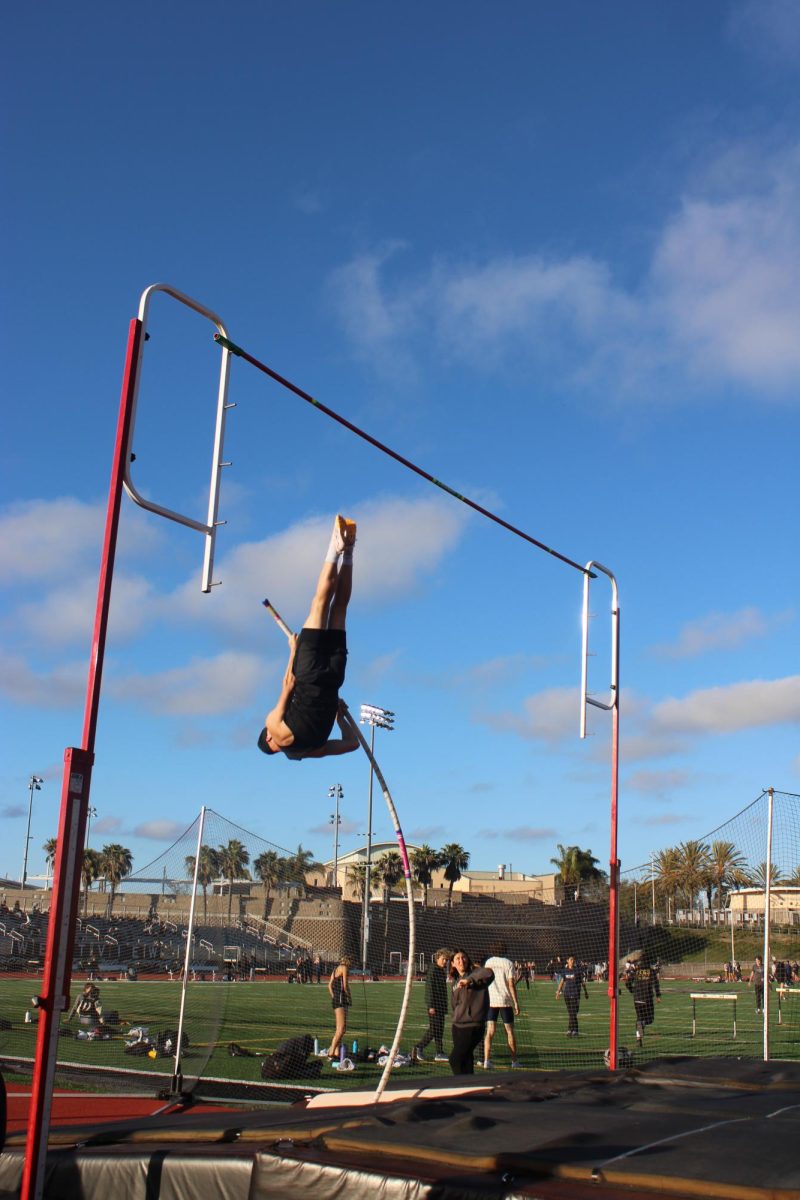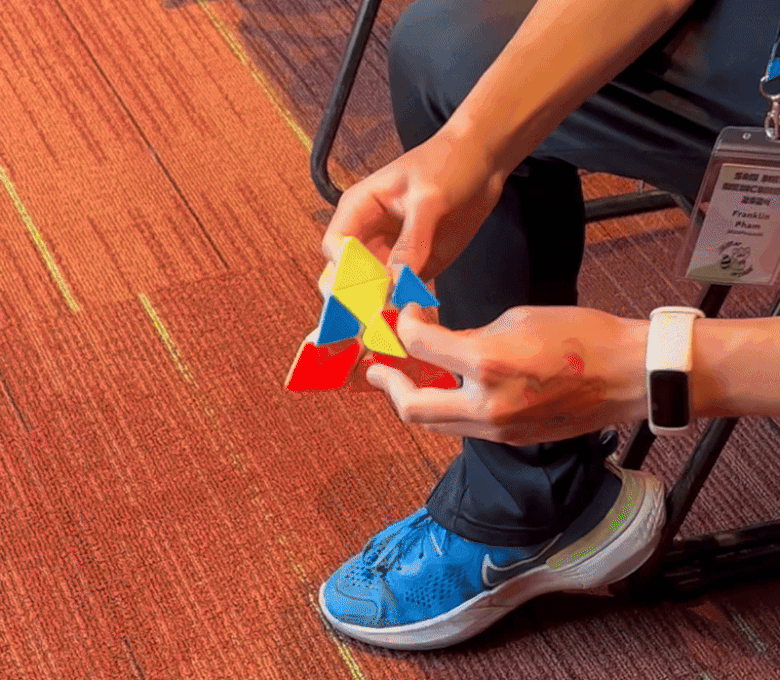Abby Daines (12) worked with the Days for Girls organization to pack 1,000 menstrual health kits for women in need in the Democratic Republic of the Congo, Feb. 5. In the gym-like cultural hall of her church, Daines dashed from table to table to lead over 80 volunteers in assembling the kits. She joked with one volunteer that she “spends more time here [at the volunteer center] than I do at home,” but she hasn’t regretted it because of the significance of Days for Girls.
The purpose of Days for Girls, an international organization, is to provide sustainable, safe menstrual products and education on menstrual health to underprivileged women and girls around the world. Over 500 million people today do not have the necessities to manage their periods safely, according to Days for Girls, which can be due to unaffordable pads, unsanitary bathrooms, or restricted access. Girls around the world are shamed for menstruation, pressuring them to miss school, exclude themselves from everyday activities, and fall victim to isolation, depression, abuse, or sexual exploitation.
Daines said the living conditions of many girls in under-developed countries are inadequate, causing them to have little to no access to scientific information on menstruation and to basic products like pads and underwear. The situation in the Democratic Republic of the Congo inspired a group of volunteers to help.
“The Days for Girls international organization aims to give these girls in need something of their own so they can safely manage their periods,” Daines said. “It isn’t uncommon in third-world countries for girls to be exploited and abused because that’s the only way they can get things they need like pads. So it’s an amazing thing we’re doing here to give someone who may have nothing, something that will last a long time.”
The kits consist of two pads, eight square liners that can be stacked in the pads and replaced, a washcloth, a bar of soap, two pairs of underwear, an informational card with instructions, a calendar for tracking menstrual cycles, and a water-proof bag for carrying soiled liners, all tucked in another drawstring-cinched bag.
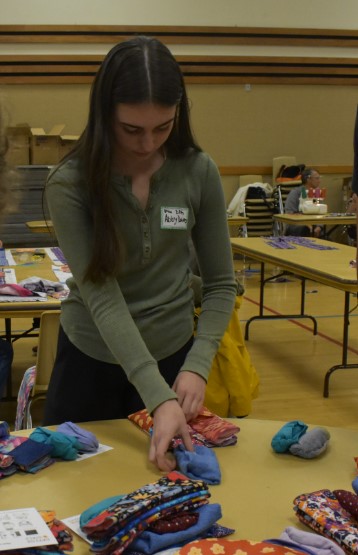
Everything in the kit is fabric so that it can be washed and reused. Days for Girls provides the bags and underwear, but the Rancho Peñasquitos team is responsible for putting together everything else. The group purchases soap bars, washcloths, and antibacterial fabrics. They meet regularly on Thursday mornings in addition to some Saturdays, and always encourage new volunteers to help directly at the Days for Girls events in the The Church of Jesus Christ of Latter-day Saints on Black Mountain Road. Donations and gift cards for Joann Fabric and Crafts are also appreciated and are put toward buying the material for the liners and pads.
In the cultural hall, two walls were lined with tables and sewing machines where volunteers sewed together colorful fabrics to make pads and liners. Daines said that the fabrics are carefully chosen because a wrong pattern can result in all the kits being rejected from entering certain countries.
“There’s a lot of quality control that the kits go through,” Daines said. “The fabric can’t be a solid color, can’t have animals on it, and can’t have rainbows on it because of the regulations in some places. We try to use a lot of patterns because they can hide stains better than solid colors, but using animal shapes goes against some religions and rainbows imply criminalized homosexuality, which will stop the kits from getting to the people who need them.”
Vicky Bush, the team leader, paused the volunteers about an hour into the event to explain the importance of the sustainability of the kits and the impact they will make.
“There’s no trash collection where these girls are from,” Bush said. “There’s limited water and soap. A lot of these cultures don’t understand the menstrual cycle, so we must pack these kits the right way. Eventually, they’re going to have these really cute bags to carry them around, something that they can be proud of. Every one of these is going to drastically change the girl’s life, so pack the kit with care, with love, like you’re gifting it to your sister.”
Bush said that girls in impoverished and inequitable communities, like some in the Democratic Republic of the Congo, frequently miss school to stay home on their periods due to lack of access to period products and the harmful stigma that menstruation is wrong and shameful. Girls end up missing over 70 days of school for this reason, contributing to the education gender gap.
“We’re planning to take at least 1,000 kits, and we already have 800 packed in bags and ready to go on the airplane,” Bush said to the team, Feb 5. “And we’ll be taking them to orphanages and to schools over there in rural areas where we know the girls don’t have access to it. And every time we give a kit to a girl, she becomes empowered. So, whether you were ripping fabric, folding underwear, stringing bags, sewing, or whatever you were doing, you have helped change somebody’s life. I guess one of the things that we’ve discovered as we’re working on this is that we’ve grown to love these sisters that we don’t even know, and that’s a really neat thing.”
Daines has worked with Bush and Days for Girls for two years and plans to continue the service for many more. She said that supporting other women makes all the time and effort put into the events worth it.
“I continue putting in the extra hours for Days for Girls because of the impact that it makes on the lives of people that I’ve never met,” Daines said. “These kits are lasting for a good amount of their lives and can save them from a lot of bad situations. A woman shouldn’t have to go through so much hurt just to be a woman.”



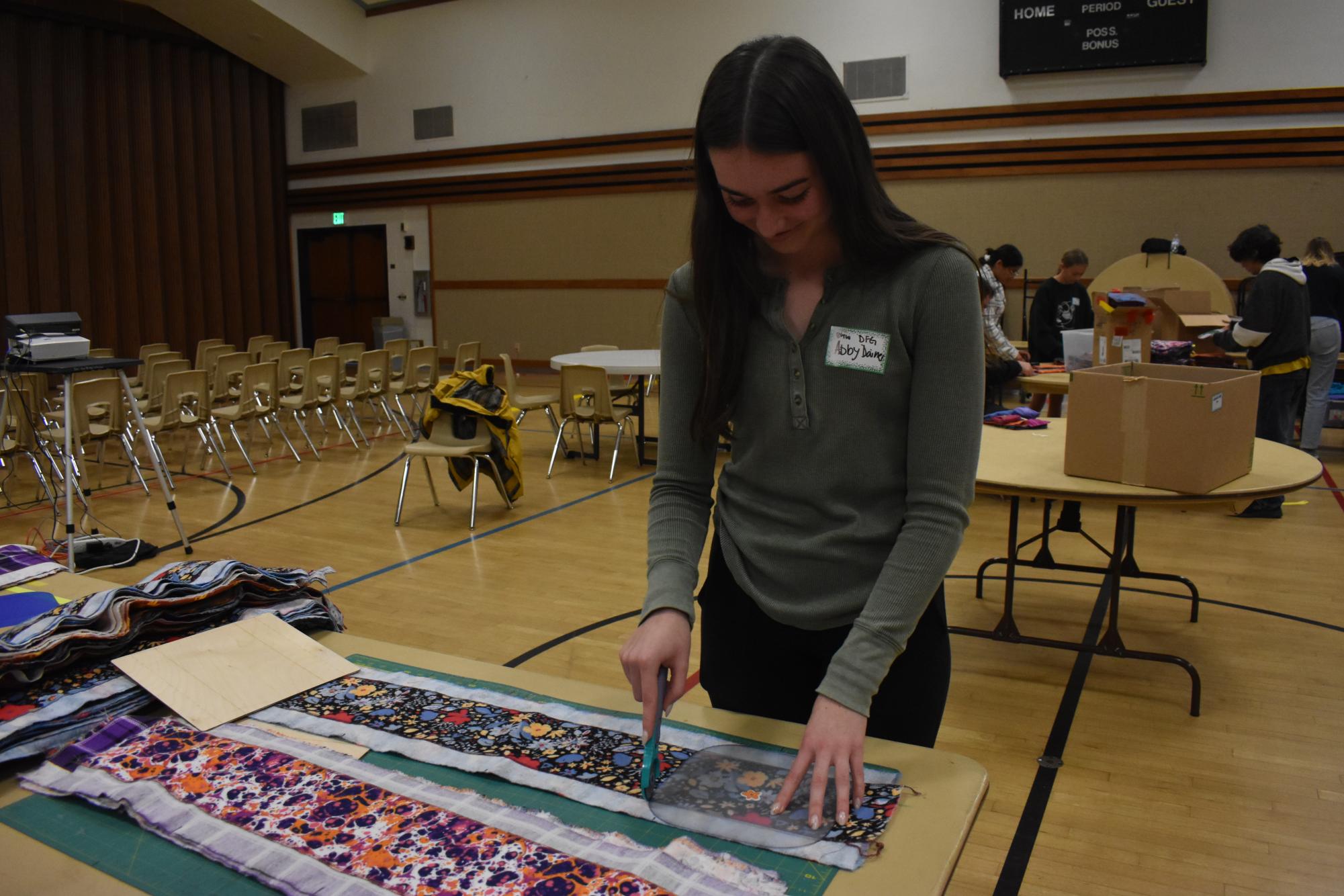
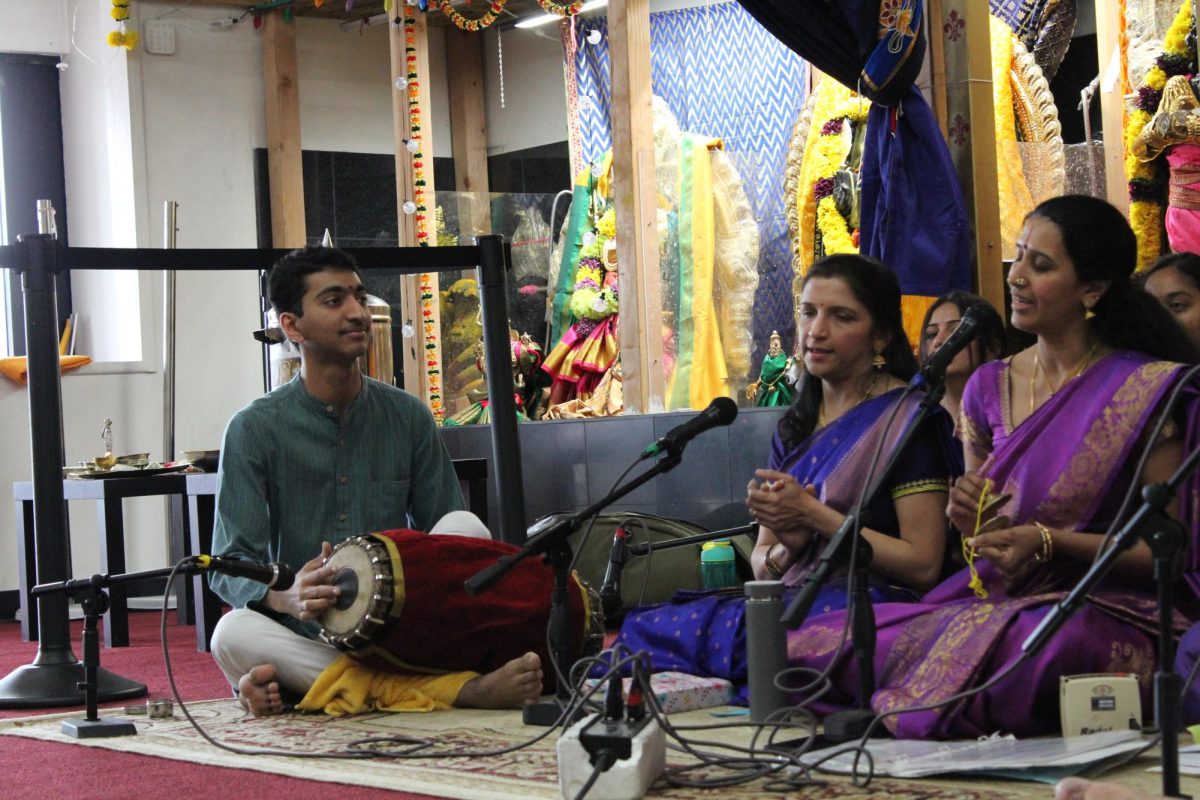
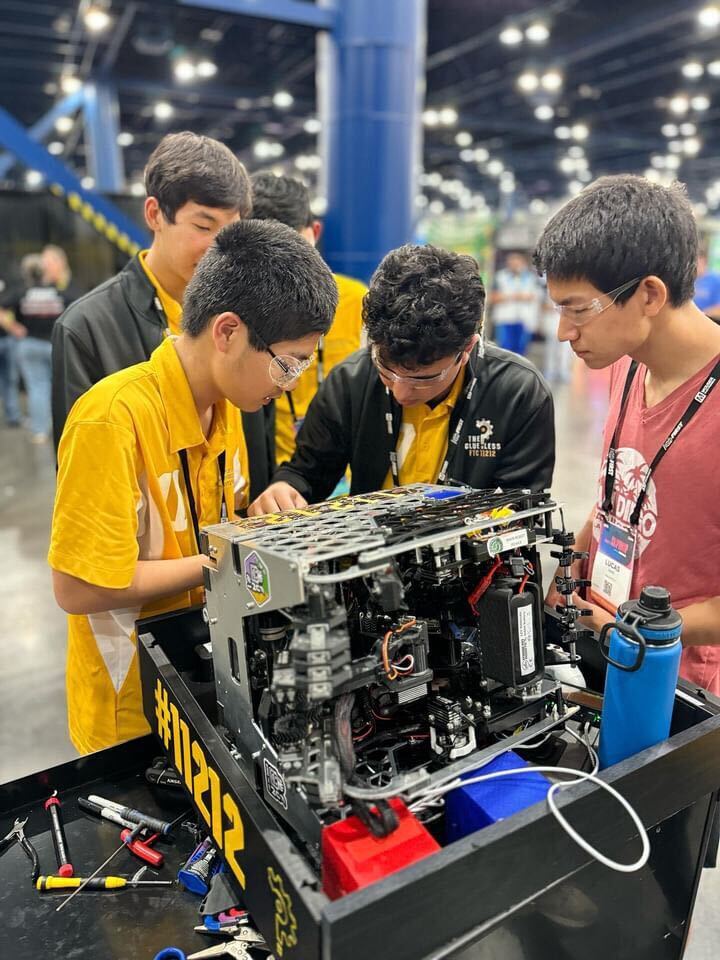



![Kamila Nava (11) [right] and Alexi Stysis (11) run at Torrey Pines State Beach, April 27. Nava enjoys going for runs outdoors and tries to run in nature as frequently as possible.](https://wvnexus.org/wp-content/uploads/2024/05/DSCF2398-e1714686258569-800x1200.jpg)
